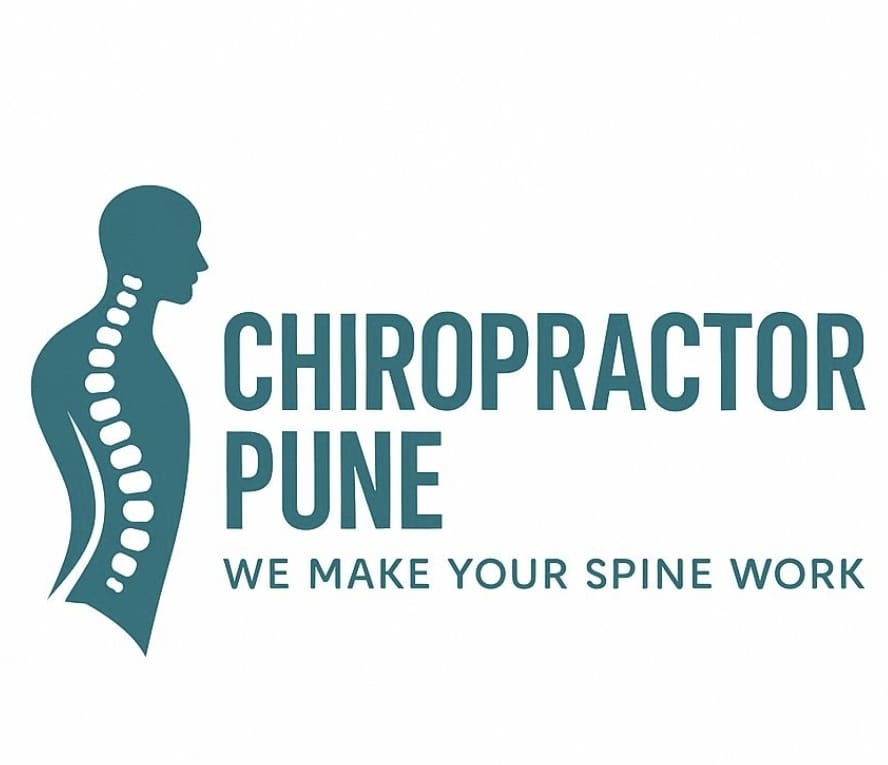+918042754950

This is your website preview.
Currently it only shows your basic business info. Start adding relevant business details such as description, images and products or services to gain your customers attention by using Boost 360 android app / iOS App / web portal.
Description
Paralysis, a neurological condition, is the loss of muscle function due to damage to the nervous system, specifically the spinal cord or peripheral nerves. This damage disrupts the signals sent from the brain to the muscles, resulting in the inability to perform voluntary movements. While some paralysis is temporary, other forms are permanent, affecting various body parts and causing a range of complications. Paralysis and neurological conditions are closely linked. Paralysis, the inability to move, often results from damage or disruption within the nervous system, which is responsible for transmitting signals between the brain and muscles. This damage can be caused by a variety of factors, including injuries, strokes, or neurological diseases. Neurological Causes of Paralysis: Stroke: Damage to the brain from a stroke can disrupt nerve signals, leading to weakness or paralysis on one side of the body. Spinal Cord Injuries: Trauma to the spinal cord can interrupt the flow of nerve signals from the brain to the body, resulting in paralysis. Neurological Diseases: Conditions like multiple sclerosis, amyotrophic lateral sclerosis (ALS), and Guillain-Barré syndrome can damage nerves and disrupt muscle control, leading to paralysis. Peripheral Neuropathy: Damage to peripheral nerves (nerves outside the brain and spinal cord) can cause paralysis in specific limbs or areas of the body. Motor Neuron Diseases: Conditions like ALS, which affects motor neurons, can lead to progressive loss of muscle function and eventually paralysis. Autoimmune Diseases: Conditions like Guillain-Barré syndrome, where the body's immune system attacks nerves, can cause paralysis. Infections: Certain infections, like poliomyelitis, can cause paralysis by damaging nerve cells. Other Causes: Conditions like botulism, tick paralysis, and certain medications can also cause paralysis. Types of Paralysis: Hemiplegia: Paralysis affecting one side of the body. Paraplegia: Paralysis affecting the lower limbs and torso. Quadriplegia: Paralysis affecting all four limbs and the torso. Monoplegia: Paralysis affecting a single limb. Treatment and Management: Rehabilitation: Physical therapy, occupational therapy, and assistive devices can help individuals with paralysis regain some function and improve their quality of life. Surgical Procedures: In some cases, surgery may be used to address the underlying cause of paralysis or to improve muscle function. Medications: Medications may be used to manage symptoms of paralysis or to treat underlying conditions. Supportive Care: Caregivers play a crucial role in assisting with daily activities, preventing complications like bedsores, and providing emotional support.

